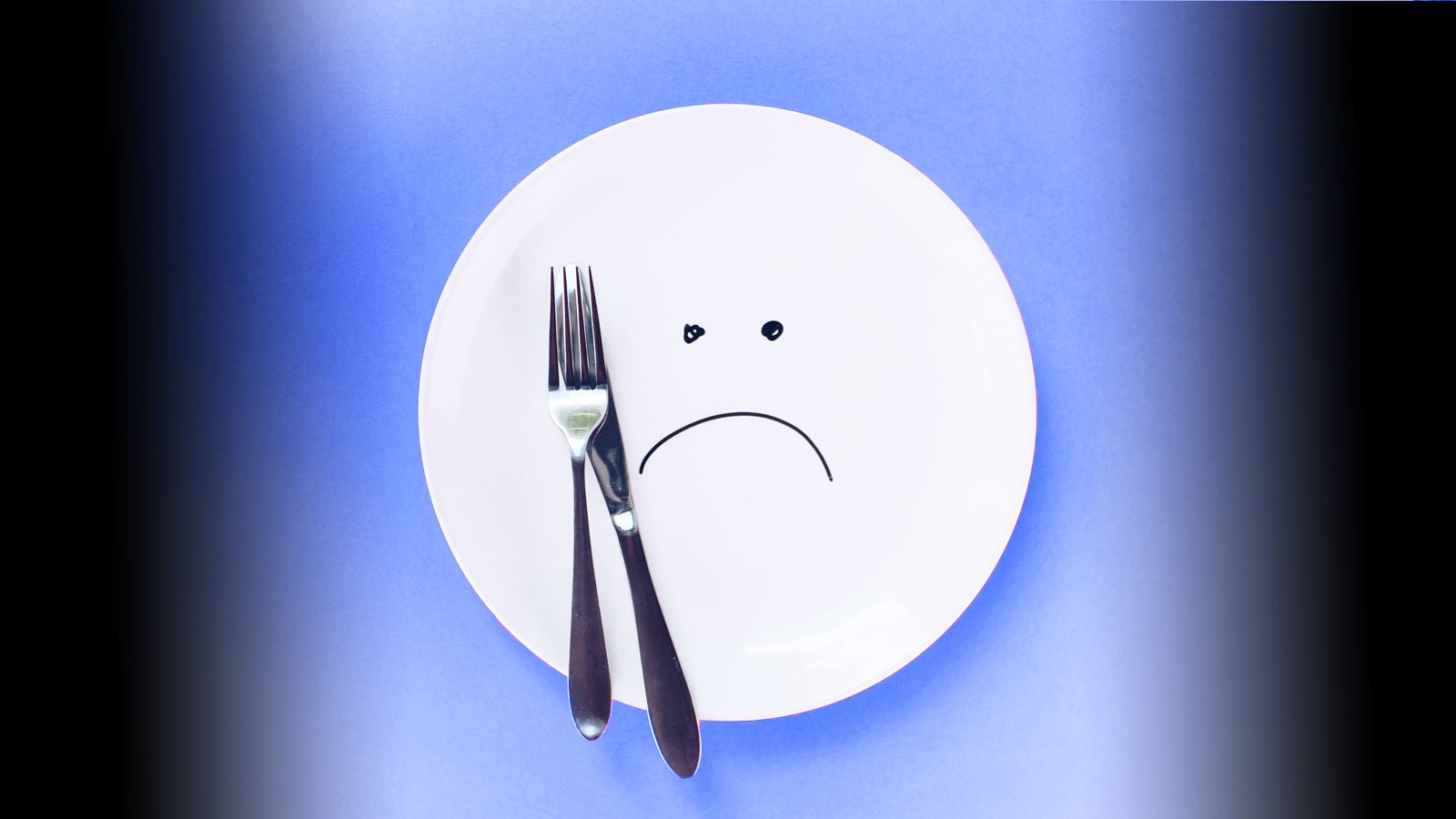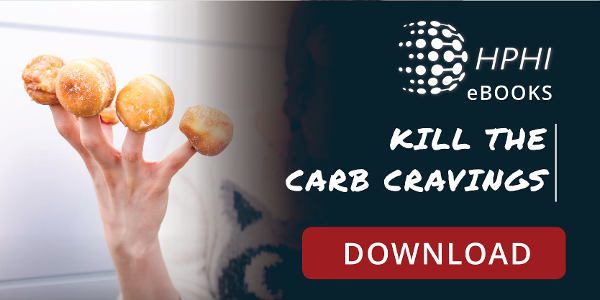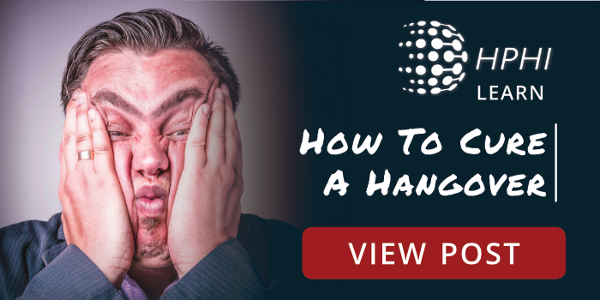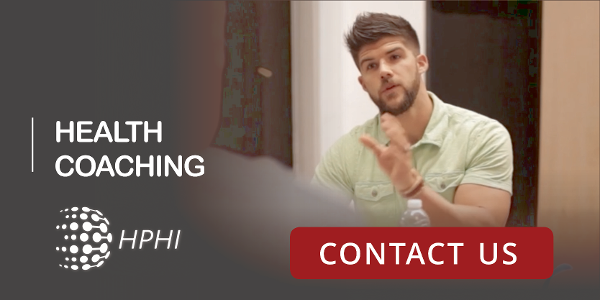
Real talk. Eating disorders and addictions are real. And in the Functional Medicine world, highly prevalent.
Food addiction is a topic highly generalized by the public and through that generalization, a sort of nebulous space has been created for those with little to no reason to change, to hide and seek sorrow for their imaginative disorder
Although I may receive some pushback on my following interpretations, that's okay.
With some agitation comes more introspection and increased willingness to change.
What disorder do we speak of?
Food addiction.
Why Eat What We Eat?
While some eating disorders do exist, our current culture has taken it upon itself to create multiple silos of food addictions and binges that fail to exist in other parts of the world.
Which begs the question:
If a certain food is not conducive to one's goals in life, why eat it in the first place?
And two plausible responses exist:
- The person doesn't have the ability to achieve their goals in the first place, and by eating certain foods in spite, they are choosing to show their lack of desire to pursue those abilities through trial and error or practice.
- Or they are simply not miserable enough.
For example:
If eating king cake and boudin sent you to the bathroom for a 4-6 hour toilet ride, or left you bedridden the following week due to detrimental joint inflammation or another flare up of autoimmune origin, it would leave most people highly perplexed as to why you continued to choose such a horrible disposition for yourself and your wellbeing.
Wouldn't it?
Cans and Haves
And, yes, while I am aware that psychologists and other doctors of the mind would love to run billion dollar experiments to uncover why we humans do what we do,
We would be remiss to not at least dive a bit deeper on the simple reasoning of because
1. We can, or
2. We have to
For example:
- The Can:
If you had no access to cigarettes, could you continue to be "addicted" to them? - The Have:
Or if when you smoked the first puff of a cigarette you knew it would kill you immediately, would you choose to be addicted?
Lets Play A Game
Answer "Yes" or "No" to the following questions:
- I eat a very large amount of food, to the point of feeling discomfort.
It's like I can't stop once I start. - I inhale this food quickly.
Sometimes I take another bite before I'm finished chewing the previous mouthful. - I often feel disgusted, depressed, or guilty after doing this.
- I'm kinda embarrassed by this so I overeat alone so no one will see me.
- I have the urge to eat like this even if I'm not physically hungry.
- I sometimes hoard food or hide it from my family.
- To control this, I diet frequently, sometimes using extreme diets where I cut out an entire macronutrient. Sometimes I just fast. My weight goes up and down because I alternate periods of overeating and rigid dieting.
If you responded "yes" to any of these, go back and ask yourself "why?" for five straight times while answering each "why" a bit deeper than the first.
Ugly Truth About Food Addiction
Setting diagnoses aside, what one may find out about themselves with a little bit of introspection is that the "food addiction" doesn't exist. What DOES exist are two possibilities:
- A complete absence of mindfulness during consumption
- A utilization of dopamine from the food of choice leveraged to escape the discomfort caused from your meaning attached to your life or one particular realm of it.
Food For Thought
"But, Tyler, Sugar has been shown to be just as addictive as cocaine and heroin!"
Perhaps, or what has been shown is that the same pleasure centers of the brain light up when enough sugar is consumed.
But if that were the case, then:
Why aren't more "healthy" people addicted to sugar?
Why can they abstain and others cannot?
Why do some cocaine addicts get over their "addictions"?
Could it be because they weren't willing to sacrifice their families and loved one's wellbeing in exchange for a brief high? Why do other's choose the latter?
What would happen if all of a sudden, no sugar, cocaine, or heroin existed?
What then? (Necessity?)
If we didn't know the word "addiction" or its meaning, how would we describe those that could not stop doing things that were harmful to themselves and others?
Would we simply call "addiction" a choice?
Quit Labeling Yourself
My intention here, as with most of my health coaching clients is not for you to come to an absolute conclusion here. It is simply to get you to think and to quit labeling yourself.
We don't allow our children to call themselves stupid or dumb for not making an A on a test, yet we eat one cupcake or overindulge on dessert one night and we are so quick to say we have a "problem" or an "addiction".
Why do we do that?
- Is it because those that we choose to hang around actually give us attention when we start speaking that way?
- Is the only relevance we receive from others when we talk about our problems and addictions as opposed to our accomplishments?
Why Do You Do What You Do
So, the next time that you eat, drink, smoke, snort, or say something that you didn't INTEND to, start asking yourself why.
Then go deeper and decide on whether you want to own the outcomes of your life or if you want to simply choose to be a victim of your "addictions"?
We don't overcome our shortcomings or addictions by thinking and talking about them.
We accomplish success and overcome them by DOING something about it.
What's your next action going to be?







